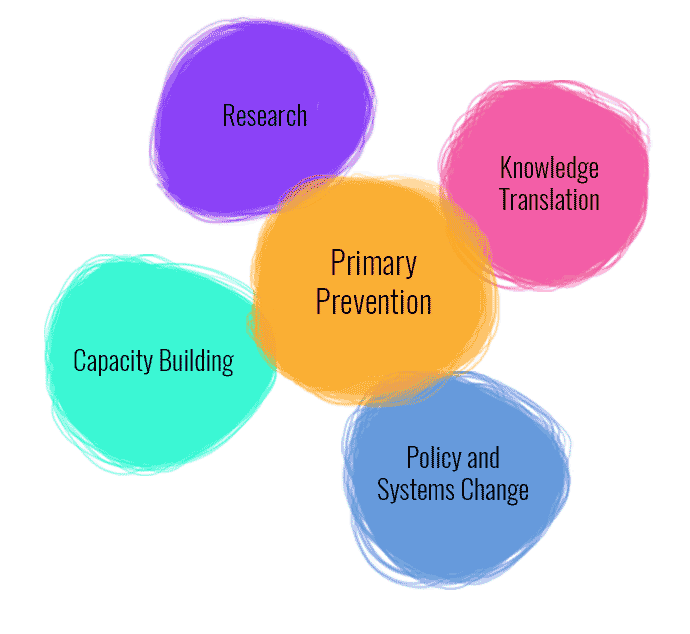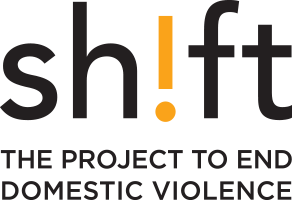Shift’s purpose is to advance effective primary prevention strategies that change practices, policies and legislation, and at times, disrupt the status quo to advance social change. Our approach empowers others to create the social conditions that will stop domestic violence before it starts. We are solution seekers, which means we go where there is readiness, momentum and leadership – at home, across the country and around the world.

WHAT WE DO

We conduct research to seek out leverage points for social change. Since domestic violence is such a complex issue, our research first aims to understand the nature of the problem from multiple disciplines and perspectives – then we look for promising practices and how they may work to address the issue within a social justice and ecological perspective.
Given that our role is to curate primary prevention approaches and strategies, we work in a variety of capacities and settings, depending on the context and need. For example, at a local level, we provide co-leadership, knowledge dissemination and training, whereas at a systems or government level, we sometimes co-author or advocate for new prevention policies and legislation.
Collaboration between universities, governments and the community is an ideal trifecta to allow research to influence policy and practice and practice to influence research. We work with a diverse set of stakeholders, bringing data and promising practices forward to build capacity and influence changes while co-creating solutions at local, regional, national and international levels.
Our focus is on creating the social conditions that advance gender equality and equity, promote healthy masculinities, address the intersections of racism, heterosexism, and other forms of oppression, and build healthy relationship competencies. It is our view that everyone deserves equal economic, political and social rights and opportunities. We work in partnership to inform and influence policy and decision makers to take action and put into place programs, policies and practices that prevent domestic violence.
Understanding primary prevention
Primary prevention means changing the cultural and structural conditions that create opportunities for perpetrators to commit violence while eliminating risk factors and building protective factors to stop initial perpetration of domestic and sexual violence.

We like to think of ourselves as the spark that ignites ideas, creates connections and empowers others. By challenging ourselves to rethink how we address domestic violence, and look for ways to disrupt patterns and behaviours, we believe we can stop violence before it starts.






